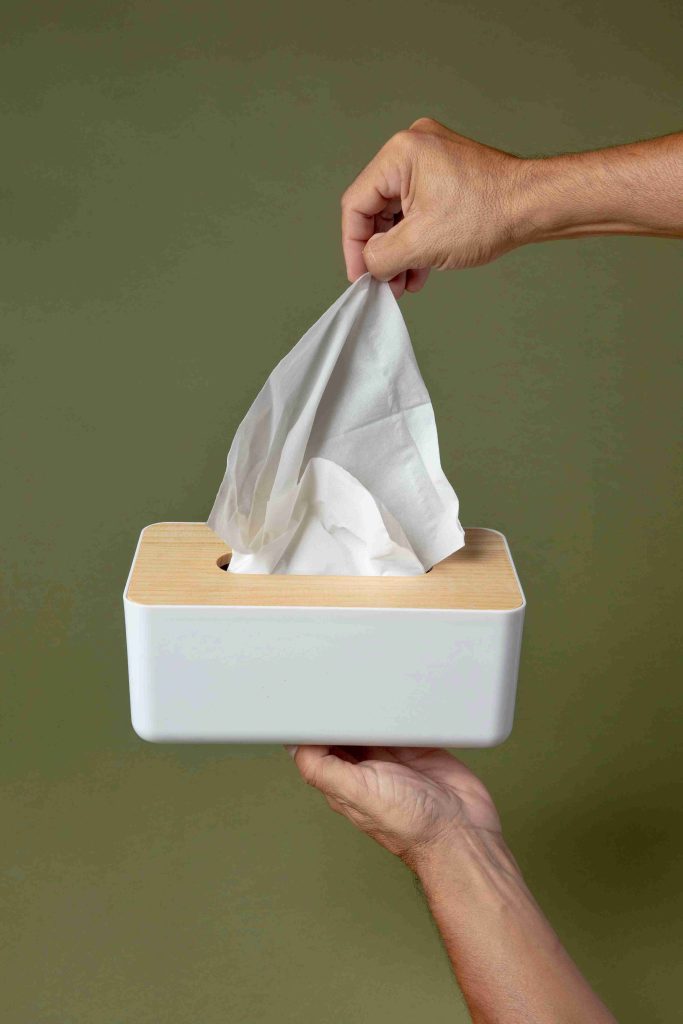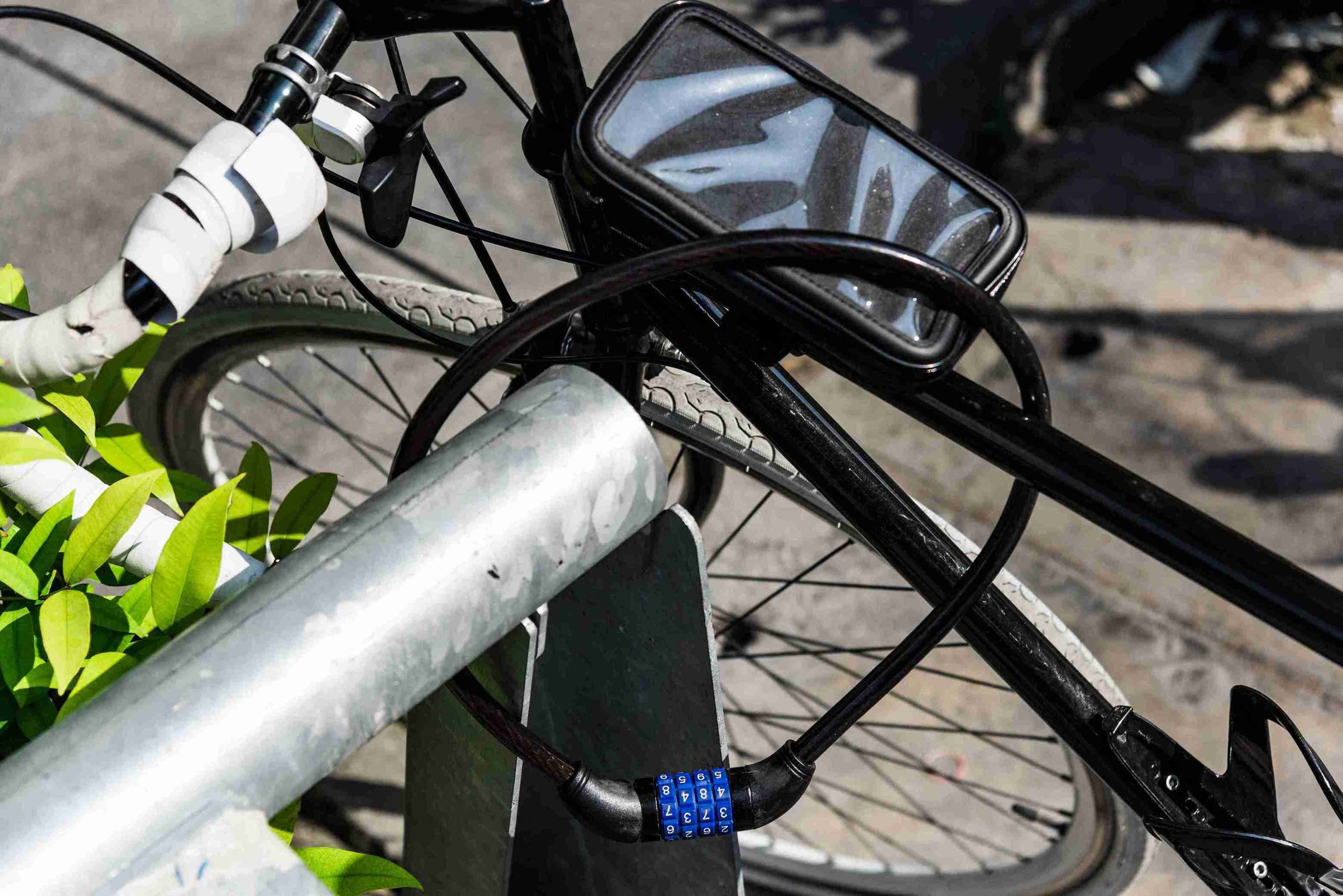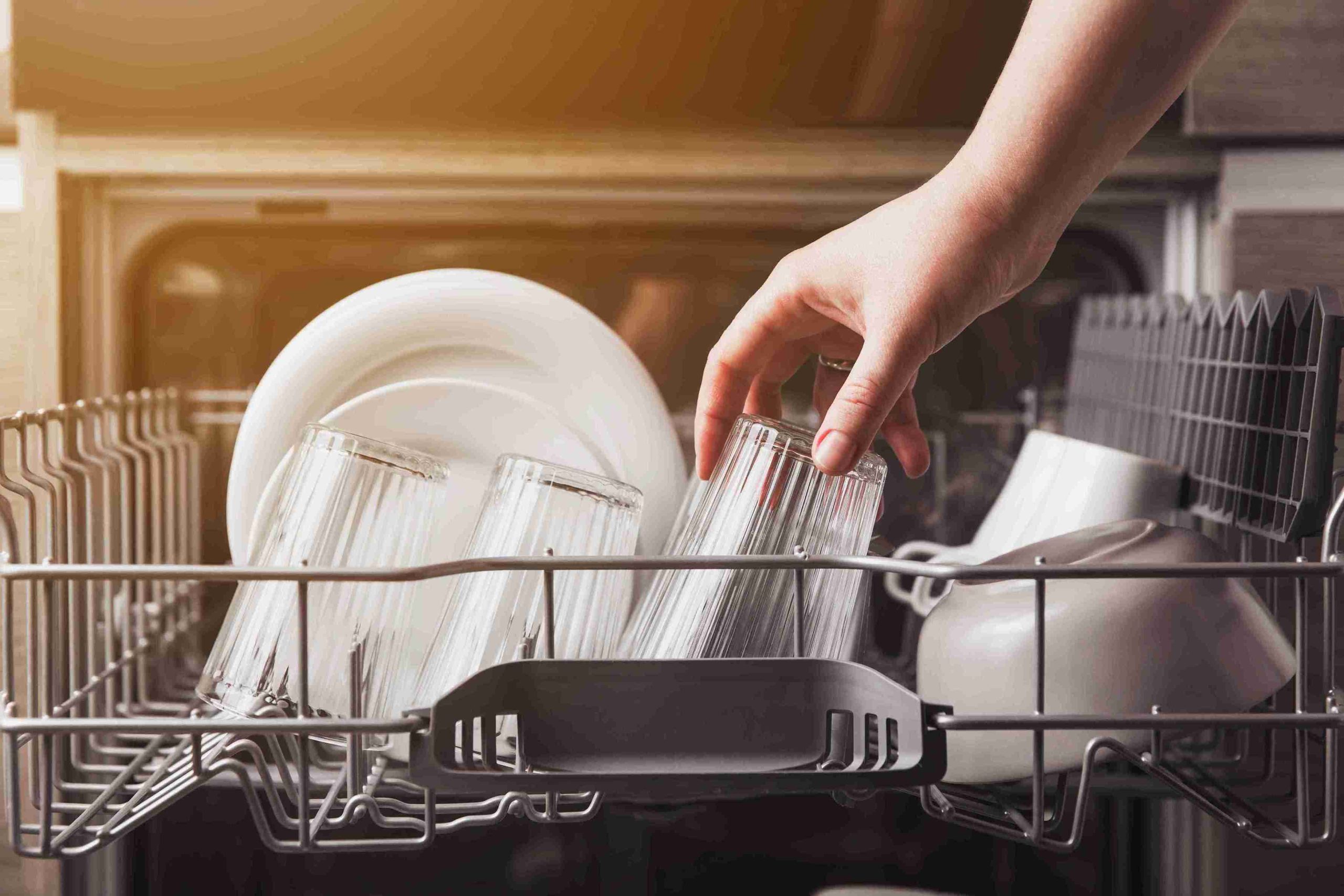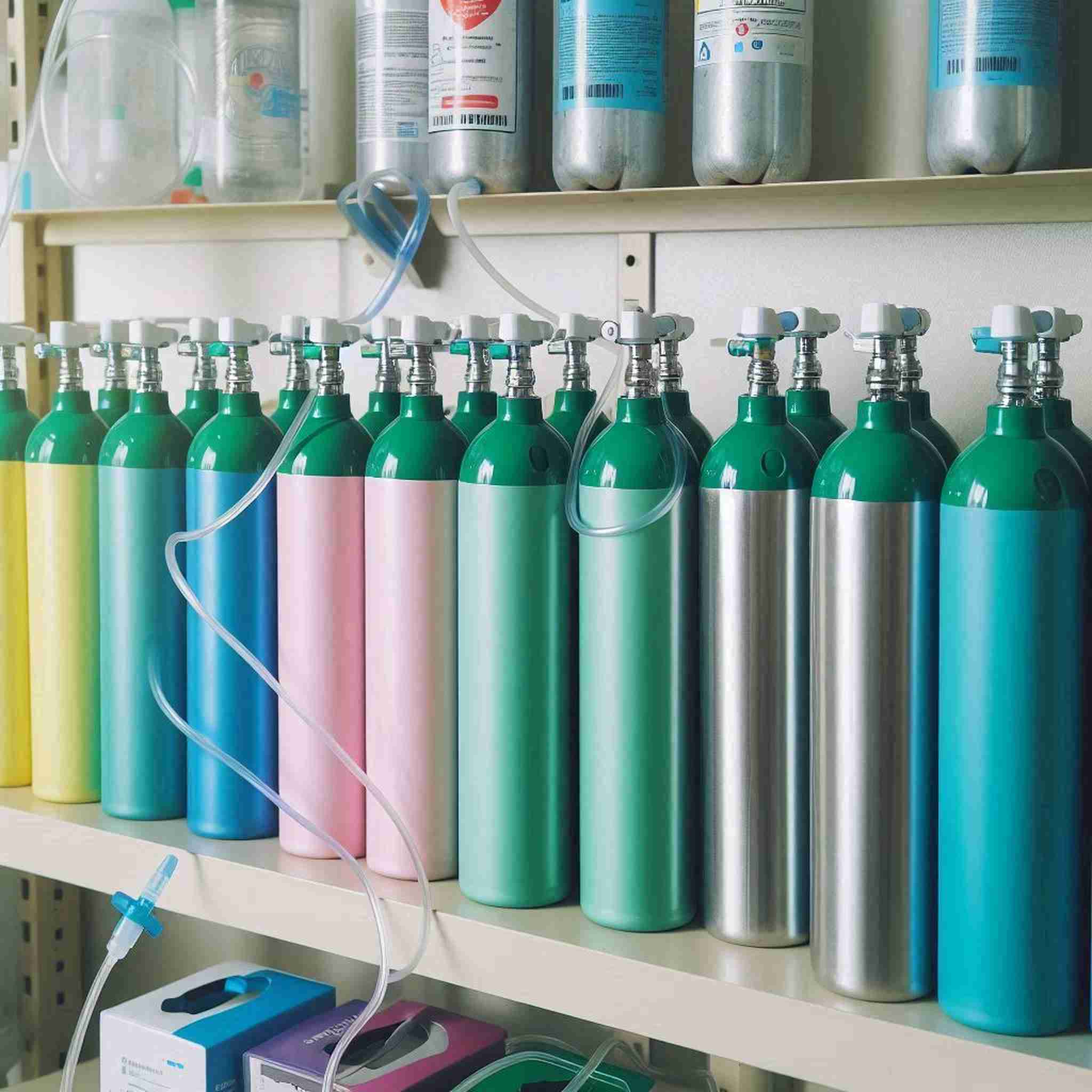With sustainability becoming a factor in almost all buying choices, the consumer is becoming more questioning of how daily-use products affect the environment. The products that used to be selected based on convenience are now under pressure to be both practical and environmentally responsible. Among these are biodegradable flushable wet wipes and frosted glass thick base jars—two products rooted in routine, yet evolving with purpose. The first one is concerned with waste management and hygiene and the latter reinvents storage and presentation.
In this article, we will explore how these innovations contribute to a more sustainable consumer experience without compromising on usability or aesthetics.
Biodegradable Flushable Wet Wipes: A Responsible Hygiene Solution
Wet wipes have been used over the years as essential items in personal hygiene, baby care and portable cleaning. Nonetheless, their impact on the environment (especially synthetic, non-biodegradable fibers) has attracted a lot of concern. The traditional wipes cause sewer clogs, microplastic waste, and overflow of landfills. In response, biodegradable flushable wet wipes have emerged as an environmentally responsible alternative.
These wipes are made of plant based materials like viscose, bamboo or lyocell, and are naturally biodegradable in water and soil. As opposed to the conventional synthetic wipes that will not decompose in years, biodegradable wipes are designed to break down quickly when flushed or even composted. They are made to be balanced: robust enough to be used in the cleaning process, but weak enough to dissolve in the wastewater without any trouble.
Flushability is a requirement that has to be tested. The most popular certification programs, such as those created by Water UK and INDA/EDANA, assess the quality of the distribution of wipes in water. Besides that, they also check their passage through sewer systems, and their ability to biodegrade without clogging pipes and damaging the treatment infrastructure. Products that have been compliant have standardized logos that direct the consumers to make safer choices on the environment.
The flexibility of the biodegradable wet wipes also makes it more appealing. They are applied in baby care, feminine hygiene, geriatrics, travel hygiene and even pet grooming. Most brands have since added biodegradable substrates and natural ingredients (e.g. aloe vera, chamomile, or witch hazel) to increase their attractiveness to health-conscious, eco-conscious customers.
Frosted Glass Thick Base Jars: Elegant, Reusable, and Sustainable
Where wet wipes address disposable hygiene, frosted glass thick base jars offer a reusable and aesthetically refined solution to packaging. They are very common in the skincare and cosmetics business as they are strong, give clear visibility to the products and present a high-end look.
The frosted glass, either etched chemically or sandblasted, diffuses the look of glass and minimizes glare as well as providing a matte feel. Heavy bottom gives it a good weight and balance and it does not tip over easily, also giving the jar a physical presence. All these features together send the message of luxury and professionalism, which is relevant to high-end branding.

Functionally, glass is a non-reactive material and thus it is an ideal material to store formulations that are susceptible to degradation in the presence of air, plastic, or metal. Frosted glass jars maintain product integrity regardless of whether they are moisturizers, serums, exfoliants, or candles, and they also accommodate refillable use cycles.
Redefining Consumer Packaging with Eco-Conscious Materials:
Both biodegradable flushable wet wipes and frosted glass jars represent a broader transformation in packaging philosophy. In the past, packaging was meant to contain, protect and display. Today, it should also break down in a safe way or be sustainable.
The packaging that surrounds a product usually defines what the consumer thinks about the product. Combinations of a biodegradable wet wipe with compostable or recyclable materials will support the brand values of being environmentally conscious. In the same vein, skincare in a reusable frosted glass jar conveys both luxury and sustainability at the same time.
The two products can even complete each other in some personal care lines. An example of a skincare routine may consist of a biodegradable cleansing wipe, followed by a moisturizer that comes in a frosted glass jar. Material ethics (biodegradability and reusability) reinforce the brand name and develop consumer confidence because of the consistency.
Manufacturing and Market Challenges in the Eco Transition:
Despite the advantages, transitioning to biodegradable and reusable materials involves technical and economic hurdles.
Biodegradable Wet Wipes:
It is a difficult combination because biodegradable wet wipes have to be soft, have high tensile strength, and be able to disperse. Materials that are thinner can deteriorate too fast, and they are not usable whereas those that are thicker can be subjected to non-compliance to the flushability standard. Indeed, a study by the European Nonwovens Association in 2022 suggested that biodegradable wipes tend to degrade 3 to 5 times more slowly in landfill than in industrial composting conditions, which constrains their effectiveness in practice.
There is further global discrepancy in standards, including the ISO 14855, ASTM D6400, and EN 13432, which has resulted in market fragmentation and confusion, with only 9 percent of brands of biodegradable wipes having all three standards of certification in 2023.
Frosted Glass Thick Base Jars:
In the case of frosted glass thick base jars, production involves greater energy input compared to plastic containers. They add weight to shipping costs and transportation carbon footprint. Nevertheless, these early effects are balanced by the long life and recyclability of the jar, particularly as part of a refill system.
Supply chains need to change as well. The fibers that are biodegradable should be made of renewable resources and glass jars that are frost-finished need a careful production to prevent flaws or an insufficient coating. Such complexities require a high level of coordination among the suppliers, designers, and sustainability experts.
In addition, there is greenwashing. Other products labeled flushable or biodegradable do not have sufficient certifications or do not pass in the real world, which is misleading customers and damaging trust.
Conclusion:
Personal care and packaging sustainability is no longer a niche or eco-conscious consumer phenomenon. It is now turning out to be the norm. Biodegradable flushable wet wipes address urgent concerns about waste and pollution without sacrificing performance. Frosted glass thick base jars, on the other hand, exemplify a shift toward elegance with purpose, supporting long-term use and eliminating unnecessary plastic.
They are not just satisfying consumer needs, but they transform the way needs are met. With the ongoing innovation and awareness, incorporation of biodegradable and reusable materials will no longer be good practice, it will be the hallmark of a good design and responsible practice.




